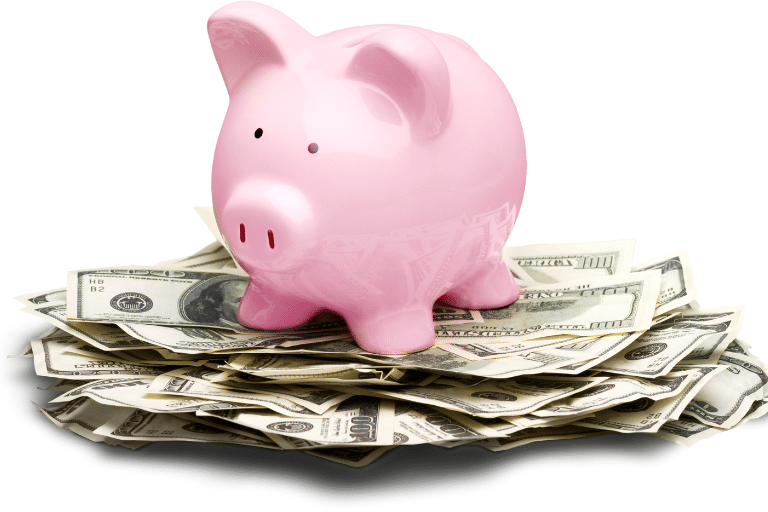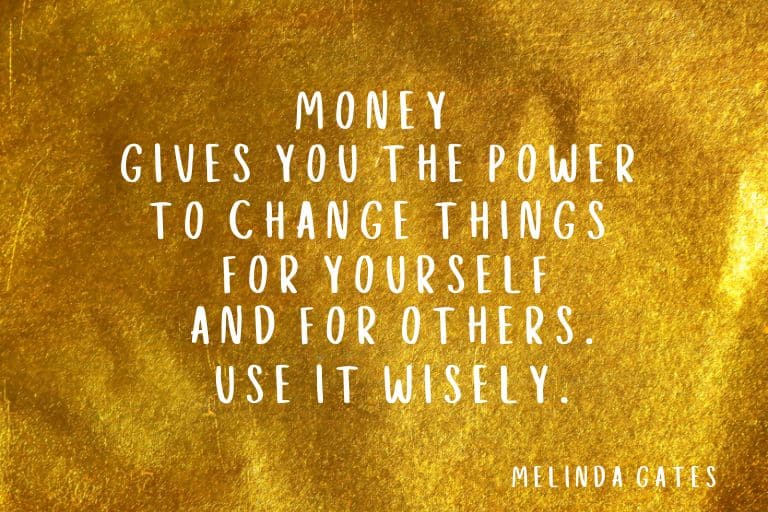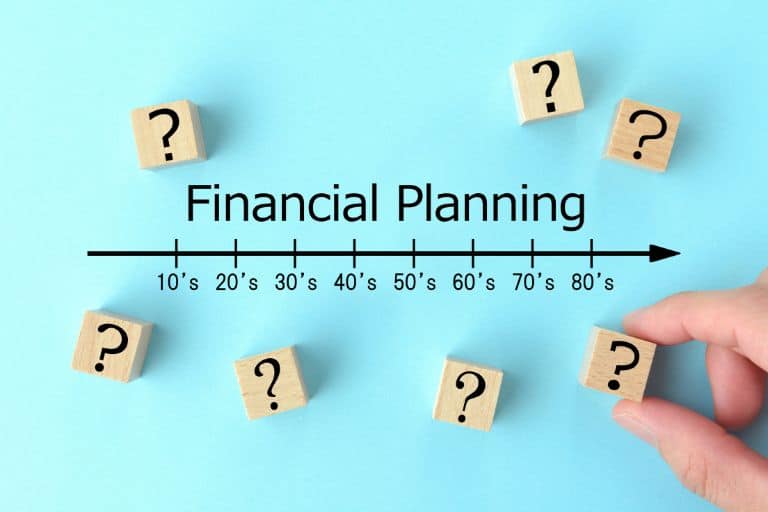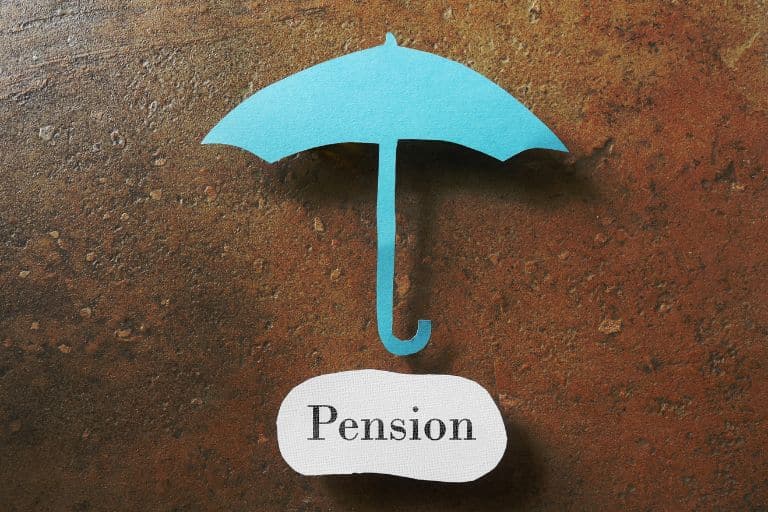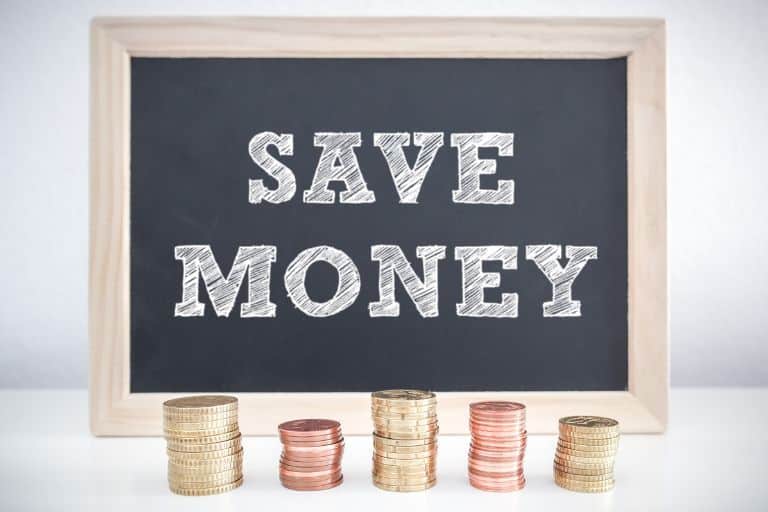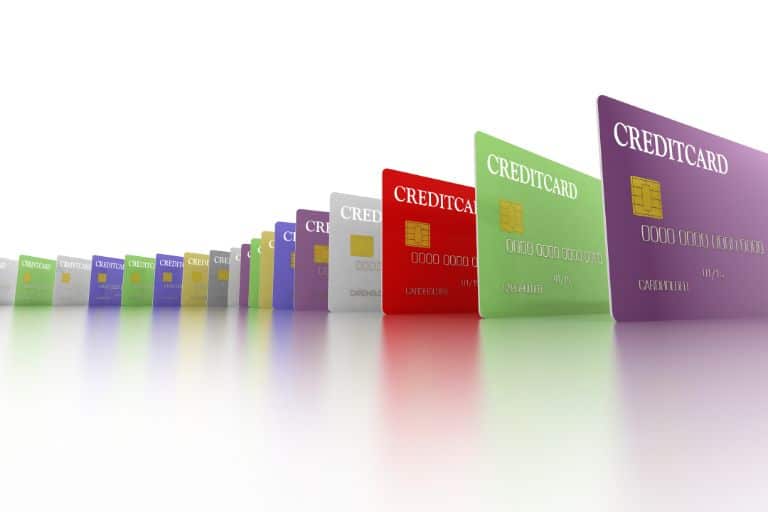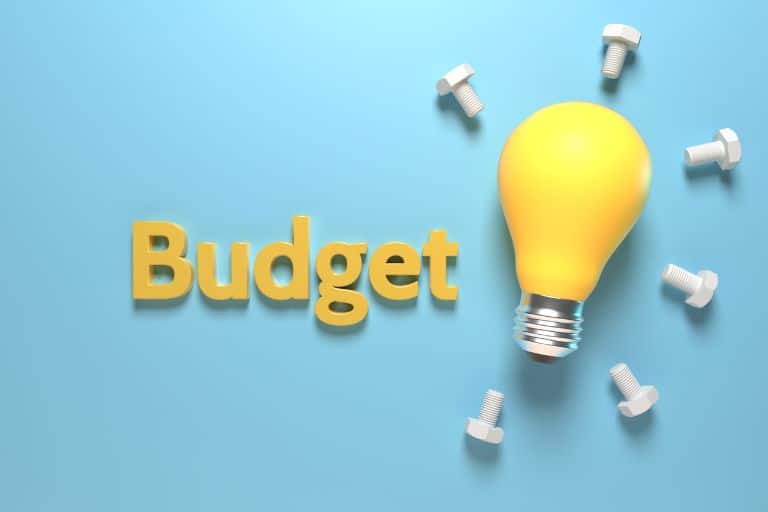HOW TO MAKE MONEY WORK FOR YOU
Well, I’ll give it to good ‘ole P.T. Barnum (the Greatest Showman and Roll up, Roll up, circus fame) with his infamous quote ‘Money is a terrible master but an excellent servant’. Never a truer word said, especially if you want to start to make money work for you.
It’s time to take control, pop your big girl pants on, and assign some tasks to achieve your financial goals and make for a less stressy money future.
That’s me talking to myself. Righty ho. Where to start?
1. CREATE A FINANCIAL PLAN
A financial plan, or money management worksheet, just tippy type it or write it down. You need to know your starting point otherwise you’ll be aimlessly wandering through a bliss of one card/phone/watch KA-CHING tap, tap, tap, after another. Which hey is great if you have an endless pot of money, go fill your boots. If you haven’t well, look, I know it’s painful. Me and spreadsheets know where you’re coming from.
So what are your goals? Both short-term and long-term. Do you want to pay off your credit cards? Are you saving for a house, car or that dream holiday that has been on your to-do for far too long? What about retirement planning?
By really thinking about what you want to achieve and how you are going to do it, you can make your money not only work for you but work effectively for you. Hooray.
2. PUT YOUR MONEY TO WORK STRAIGHTAWAY
Check out CHIP an instant access savings account managed via app. Powered by Clearbank, with a mission to ‘build wealth for our generation’. CHIP keeps its eye on the Bank of England base rate and reacts quickly. Their instant access account is currently offering 4.84% AER. So if, for example, you deposited £1000, assuming the rate didn’t change in the 12 months (back to governed by the Bank of England), then you would earn £48.40 interest.
Although that doesn’t sound that much, with flexibility in mind and as a starting point, it might be a good place to start. You can, of course, also increase your monthly contributions to bump up your monthly interest.
Popped too much in and have a sudden financial emergency where you need your cash? No problem with instant access. Of course, that has an effect on the savings you are accruing, but it provides peace of mind knowing that your money isn’t locked up requiring multiple form filling and angst to get your hands on.
No minimum amount restriction, invest from £1 up to £250,000. Additionally, there’s no limit on the number of withdrawals or a reduced rate because your balance is lower.
If you have a bit more cash, (£1000 minimum), and also like the idea of supporting a good cause then head on over to Oxbury. They also offer an instant access account – variable rate, currently at 4.94% AER variable rate, note if you go below £1000 that rate will change.
Oxbury’s mission statement is ‘every pound saved with Oxbury helps support British farmers and food producers’ thereby backing British farmers and British agriculture.
If you have a large lump sum and are more flexible on access, interest and restrictions then an ISA might be the way to go.
3. BILLS. BILLS. BILLS.
If all your cash is currently tied up on paying bills and you can only dream about saving, then howsabout checking out round-up apps?
Round-up apps are money apps that make it sooo easy for you to start to save. Firstly, you decide on the level of round-up. It might be to the nearest £1, so if you purchase something that costs £2.20, the round-up would make it £3.00. The difference of 0.80p would then go into your app savings pot. If you’re really on a mission, you could set it up to the nearest £5.00. So out of a £2.20 purchase, £2.80 would go into your savings pot.
From personal experience, just using the nearest £1 round-up put a not-to-be-sniffed-at, extra £70 into my savings pot in one month.
Your money will go into pockets, savings pots, or wallets and be accumulated there. If you find that you need the money that month you can pause round-up payments or indeed go ahead and make a withdrawal back to your bank account.
It’s saving without realising you are saving. Well, of course, you realise you are saving because you’ve set it up, but hey you know what I mean. P-a-i-n-l-e-s-s.
Round-up apps to check out include Plum, Spare Change (part of Revolut) and if you bank with Monzo they also offer auto save and round-up.
4. CREATE A BUDGET
By giving yourself a budget, be that daily, weekly, or monthly, you are helping yourself to manage your finances effectively. Most banks offer an overview/breakdown of where your spondoolies are going. Who doesn’t love a colourful all-singing-and-a-dancing bar or pie chart? An insightful peek (which also might lead to a shriek) into where your money is going. A large chunk of pie shown for takeout coffee? Time to redirect and make that money work for you.
5. EDUCATION IS WHERE IT’S AT
Keeping tabs on investment strategies, market dynamics, and personal finance is paramount for making well-informed decisions. In an ever-changing financial world, you might decide to consult with financial experts, enroll in courses, or sign up for financial newsletters the likes of Motley Fool, to enhance your knowledge.
Whatever option you decide to take to make money work for you, be wary of the get-rich-quick schemes. For want of stating the obvious, if there are high returns, the offset of that is generally high risk.
Is the provider regulated by the FCA (Financial Conduct Authority)? The governing financial body in the UK whereby your rights as a consumer are protected by law. If in doubt you can check the Financial Services Register here.
Finally don’t be afraid to tweak, adjust and revisit. Decisions don’t have to be set in stone and you should pop a diary date in to review your expenditure regularly. Although not so regularly that it feels like you should be sitting on the naughty step.
On the spending front, not all credit cards are baddies. Check out Credit Card Advantages and Disadvantages.
Now over to you. Is ‘make money work for you’ your middle name or rather ‘urrgh money, I just like to spend it’? Do let us know in the comments!
HOW TO MAKE MONEY WORK FOR YOU Read More »

